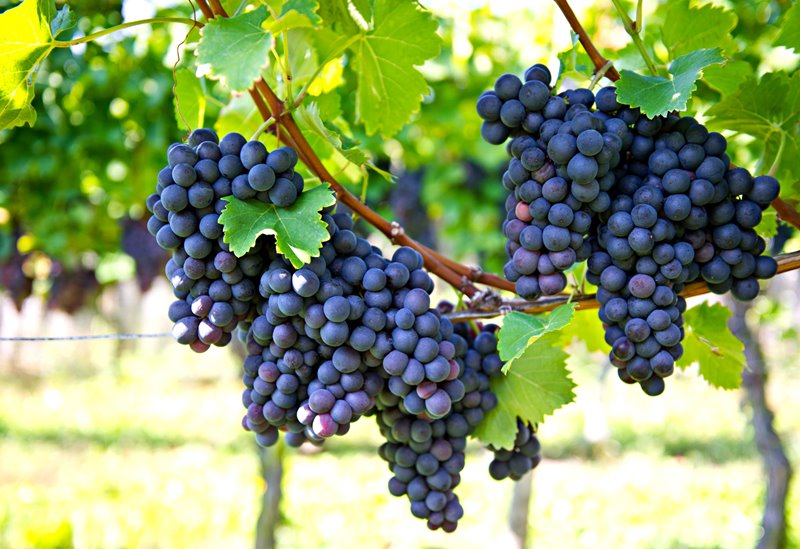The grape, a natural boon for aging eyes
How a common fruit is reframing the pursuit of healthy vision
2023-11-06

In the perennial quest for wellness and longevity, scientific inquiry relentlessly peels back the layers of mystery shrouding natural foods and their role in health preservation and disease prevention. A burgeoning field of interest is ocular health, taking center stage as our society collectively ages. While carrots and spinach have long been the standard bearers for maintaining good eyesight, recent research shifts the spotlight to a fruit that, despite its ubiquity at the dinner table, has not been fully acknowledged for its beneficial effects on vision: grapes.
Scientists from the National University of Singapore have illuminated the role grape consumption plays in bolstering visual health, particularly among the elderly. This detailed study, which has taken the scientific community by surprise, reveals that regular grape intake can lead to significant improvements in vision preservation due to its high antioxidant content. These antioxidants effectively combat oxidative stress and visual impairments associated with it.
Over a 16-week period, 34 adults participated in a trial where half were given a daily dose of 46 grams of lyophilized grape powder, while the others received a placebo. The findings were encouraging: those who consumed the grape powder exhibited improvements in the macular pigment optical density, translating to better protection against oxidative stress and a reduction in toxic compounds known as advanced glycation end-products (AGEs).
Beyond their antioxidant richness, grapes—particularly when consumed in their peak season from August to October—enhance the total phenolic content, thereby bolstering the eye's natural defenses against disease and premature aging. Phenols, bioactive compounds found in grapes, play a crucial role in shielding ocular cells from specific types of damage that can lead to degenerative conditions.
Moreover, this small but mighty fruit stands as a natural alternative to common concerns such as macular degeneration and other visual disorders, especially prevalent in later life stages. The significance of these discoveries is amplified by the growing trend of an aging population and the increased likelihood of encountering vision problems more frequently.
Dr. Jung Eun Kim, the lead researcher of the team, underscores the immense potential of grapes in preventing and improving ocular health, highlighting the importance of these findings within the context of a society striving to maintain optimal quality of life with advancing age.
The impact of this research extends beyond academic and scientific realms, inspiring a forward-looking perspective where visual health care is accessible to all. Thus, grapes, commonly relished for their sweet flavor and juicy texture, emerge as a strategic ally in the preservation of one of our most valued senses: sight.
With these revelations, the narrative around natural food consumption and health care is gaining a new chapter, one that could reshape the future of dietary recommendations and preventive health strategies for vision care.
Founded in 2007, Vinetur® is a registered trademark of VGSC S.L. with a long history in the wine industry.
VGSC, S.L. with VAT number B70255591 is a spanish company legally registered in the Commercial Register of the city of Santiago de Compostela, with registration number: Bulletin 181, Reference 356049 in Volume 13, Page 107, Section 6, Sheet 45028, Entry 2.
Email: [email protected]
Headquarters and offices located in Vilagarcia de Arousa, Spain.